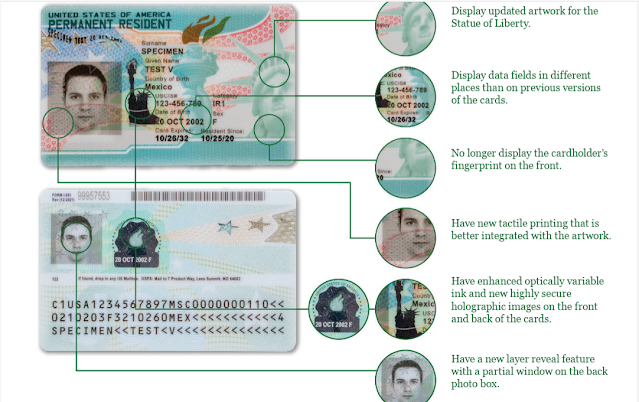Created with MS Designer Image Creator, 04/02/2024
Arab American Foundation: Arab American Heritage Month page
Arab American institute: Arab American Heritage Month is official! page
Arab American National Museum: Core Galleries page
A Cut Above Teaching: Arab American Heritage Month Posters Instant Download for $10
History: Arab American Heritage Month, 2024 page
News Center Maine: The history behind April becoming National Arab American Heritage Month video
Now This News: Why We Need Arab American Heritage Month video
NYC Public School: Arab American Heritage Month page
NYPL: American American Heritage Month page
Smithsonian: Arab American Heritage Month page
Thirteen: Arab American Heritage Month page
White House: A Proclamation on Arab American Heritage Month, 2024 statement
uscitizenpod:
- Citizenship Interview Quiz for Esam Omeish (Libya) pdf
- Easy Practice U.S. Citizenship Interview with Hafida Elidrissi video
- Basic U.S. Citizenship Interview with Hafida and Teacher Jennifer video
- A Typical U.S. Citizenship Interview with Hafida and Teacher Jennifer video
- A Quick U.S. Citizenship Interview featuring Voting and Taxes video
- Citizenship Interview Quiz for Louay Safi (Syria) pdf
- Citizenship Interview Quiz for Mohamed Awad Elhassan (Sudan) pdf
- Citizenship Interview with Nahil Ireiqat (Jerusalem) and Josefina Rios (Mexico) video
- Citizenship Interview Quiz for Nimco Ahmed (Somalia) pdf
- Citizenship Interview Quiz for Rend al-Rahim (Iraq) pdf
- Citizenship Interview Quiz for Safa Aldabyani (Yemen) pdf
- Citizenship Interview with Samia Amed (Yemen) mp3
USCIS:
10 Steps to Naturalization (Arabic)
يمكنك أن تصبح مواطناً أمريكياً بالولادة أو عبر التجنّس. يولد الأفراد مواطنين أمريكيين بصفة عامة إذا ولدوا في الولايات المتحدة أو إذا ولدوا في الخارج لأبوين أمريكيين. يمكنك أيضاً الحصول على الجنسية الأمريكية إذا كنت بعمر يقل عن الثامنة عشر وكنت مقيماً بصفة قانونية دائمة عندما تم تجنيس أحد والديك أو كليهما، أو بعد تبنيك من قبل والد أمريكي.
ترحب USCIS بالالجئين وطالبي اللجوء
أسئلة حول التربية المدنية (التأريخ والحكومة) لاختبار التجن
أسئلة التربية المدنية للمتمتعين بالإعفاء 20/65


.jpeg)


.jpeg)

.jpeg)